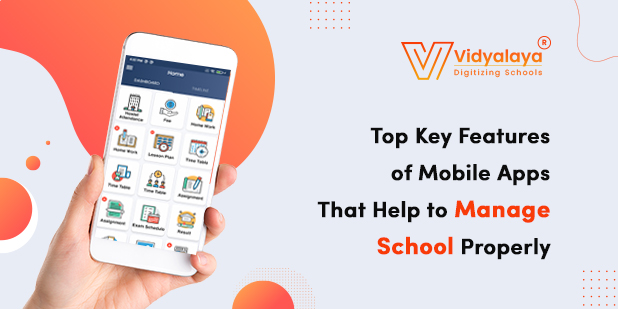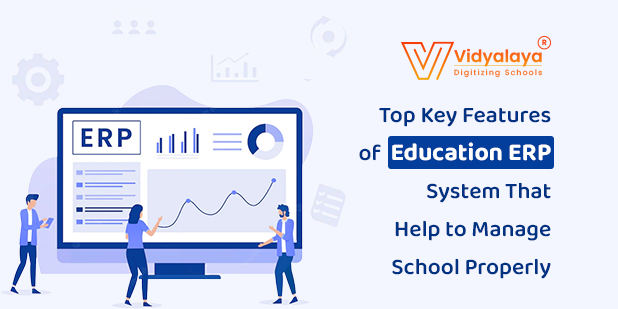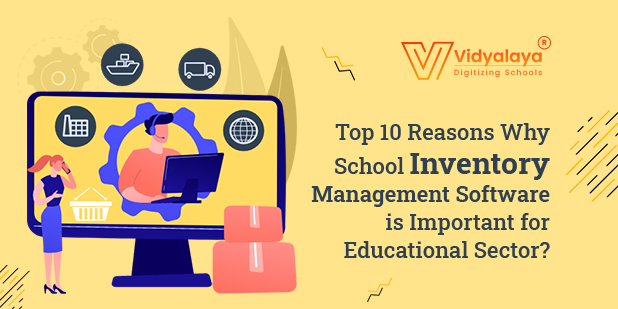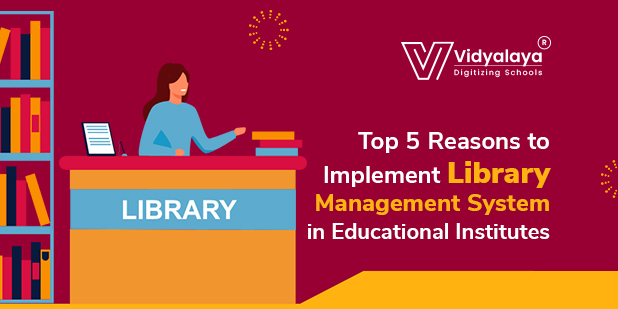Why should libraries continue to operate in an old-school manner in a digital environment where the education industry is seeking to automate its space? Managing hundreds of books regularly and maintaining their track record is a difficult task. A Library Management System can smoothly transition manually operated libraries into automated ones, making them efficient and effective.
Reasons Why You Need a Library Management System in the Education Sector:-
Librarians can use Library Management Software to issue books quickly, keep track of all the books, and so on. In today’s blog, we’ll go through the top ten reasons why your institute needs a library management system.
1. Increase efficiency:
Maintaining daily statistics on the total number of volumes issued, reissued, unreturned, and available can be a time-consuming task for a librarian. A School library management system improves the efficiency of a library’s whole life cycle by allowing all tasks to be completed with a single click, making a librarian’s job easier.
Students can browse the catalog, their book status, and other information by signing into their accounts. Not only that, but they can be reminded by SMS about due dates for returning books, notifications to pay late fines, and so on.
2. Maintain data:
Data is an essential component of any educational institution, and library books are a valuable asset. Manual data management entails hazards such as data misplacement, data entry errors, and so on. We must properly document all library data to be easily accessible. They can save the whole catalog, details of books issued, reissued, unreturned, and available in a single system, and retrieve it anytime needed with a few simple clicks by employing a library management system. They lower the chance of data loss while simultaneously ensuring security.
3. Increase productivity:
Having such management systems in libraries can greatly streamline the overall business. With book records available with a single click, a dashboard for real-time analysis, and direct communication with students, the system can handle the majority of the activities, saving the team a significant amount of time. As a result, they may devote their attention to more important tasks.
4. Time-saving:
The traditional method of managing library activities might be time-consuming. During exam season, the number of students accessing library books increases, which may cause students to wait even longer than usual. Using Library Management Software can be extremely beneficial at this time. The library team can promptly issue books to pupils while also using their track record to distribute the books effectively. Students can also check the catalog to determine if the book they require is currently available. All of this can save both students and the institute library personnel a lot of time.
5. Cost-effective:
For technology investments, educational institutions have a set budget. As a result, some institutes may consider such systems to be a large financial investment. However, it is a very cost-effective alternative in practice. Managing a library necessitates a crew that cannot guarantee seamless operation, whereas these solutions are a one-time investment. They save money on labor, have low maintenance costs, and are more efficient and effective. With so many possibilities on the market, they may select the best solution for them.
6. Resource management:
It might be difficult for librarians to control the demand and supply of books at times efficiently. They can verify the records, view the history, and issue the books quickly with the help of a library management system. It improves the efficiency of book resource management.
With the option of SMS alerts and notifications, they can make the cycle of book issue and return rapid and smart, which would otherwise be restricted.
7. Effective late fee collection:
Late penalties from students who forget about book return deadlines become difficult for the librarian to collect. This system allows automated SMS alerts and messages to be delivered to students regarding books issued, late library fees, due dates, and so on. As a result, the next time a student comes to pay their fees, the librarian can verify their book record and issue the payments. Students can also access their accounts to monitor the status of their books and the catalog.
8. Safety:
Choosing the best library management system is important because we must maintain it regularly. Such systems are frequently updated and maintained to ensure that user databases are always confidential and secure. Regular upgrades to this system ensure that they are error-free and capable of withstanding significant user growth. Because this software is divided into several components with distinct purposes, you may quickly expand your multitasking capability.
9. Enhances reporting and monitoring:
With an automated library management system, self-updating records enable dynamic reporting and oversight. It will allow for more effective bookings, material distribution, and user tracking. Library Management System Software enables the management of items within the system, allowing you to know what is accessible and what has been borrowed readily.
10. Students Expect 24×7 Connectivity:
It is the digital age of connectedness, and practically all processes in school management, from online applications to student results, have gone online. We must technologically connect college libraries to students’ academic lives in the digital age. Students no longer need to physically visit the college library to check the availability of reference materials. Integrating college library software with student portals, whether via the college website or mobile apps.
This management system allows system administrators to monitor the operation of the library department while also allowing librarians and users to maximize time and efficiency. Management would comprehend the task outline and fineness of several librarians using this type of technology. They also learn how well-maintained the record of issued books and fee collecting is, and management can track the money from penalties due to late book submissions.
The librarian and management will also receive reports, including a variety of useful data. We can create borrowing and lending reports in a variety of forms. Reports like these can help in decision-making. It also keeps track of all of the vendors and bookbinders.
A well-organized computerized library management system will increase the library’s efficiency. This high-quality system should allow the librarian to oversee library resources, saving time and effort more effectively. After installation, such software requires relatively minimum maintenance because it is quick to implement and simple to set up.































